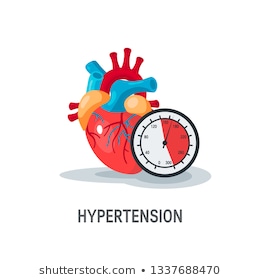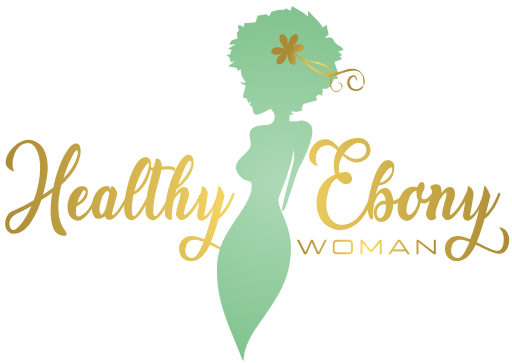Hi there! Thank you for stopping by the Healthy Ebony Woman blog site. This post aims to explore the top three risk factors to hypertension and why hypertension is more prevalent among the black population, in comparison to other ethnic groups. We will also discuss some practical prevention steps.
Although high blood pressure can affect anyone, it is prevalent among black men and women. As many as 20% of all deaths in black women with high blood pressure may be as a result of the complications of this disease. Stroke risks are two times greater for blacks and end-stage kidney disease is five times more common.
The racial disparity in hypertension prevalence has remained consistent over the decades, therefore let’s discuss the top three risk factors that could have placed us in this disadvantaged position and how we can bring about a positive shift.
Racism, Social, and Culture
The black community’s chronic struggle to achieve and maintain valued social and personal goals with limited resources may lead to anger and frustration, and these are associated with high blood pressure.
In the wake of recent events surrounding the Black Lives Matter (BLM), there have been a few discussions about the effect of the stress of racism on the black population’s health. In April 2021 The Centre for Disease Control (CDC), declared racism is a threat to public health. This is a view also shared by Professor David R William, who has spent many years doing research into the effect of racism on black people’s health.
The negative aspects of social interactions or relationships can increase women’s risk of developing high BP by 12%. The benefit, however, of the black community, is the support system from church, faith and the extended family which has a positive effect on blood pressure.
Although blacks suffer disproportionately from high blood pressure, they are less likely to receive treatments that help to control and protect against its complications. This leads to the culture effect on high BP. Medicines are not complied to because of the belief they are harmful and not effective.
There is growing distrust in the medical professionals and the pharmaceutical companies as some Black people believe they are being used as experiments to test out these medicines, this has also played out in relation to the COVID-19 vaccination. Compounding it all is the culture inappropriateness attributed to the patient-clinician communication.
HIGH SALT INTAKE
While salt intake affects blood pressure in most people, our bodies process it differently from one ethnicity to another. In the Black ethnic group, increased salt intake has been evidenced to cause an increased level of raised BP compared to white population. The opposite, i.e., salt reduction, has a notable effect on blood pressure of the black population in comparison to their white counterparts.

Why not stop by this article written exclusively for HEW by Traycee, she has mastered and runs courses on cooking with herbs instead of salt. This simple step in conjunction with a diet rich in fruits, vegetables, low-fat dairy products and saturated fat, will improve our BP.
HIGH BMI
An average African diet has approximately 70% carbohydrate, less protein and moderate oil, mostly palm oil. Those living in the inner city consume more fast foods high in carbohydrate and salt.
A United Kingdom Government’s study in 2019, indicated that black women have been identified with higher rates of obesity in comparison to other ethnic groups, closely behind them are white British adults. This is supported by the United States in 2018, showing that black women had a higher BMI and larger waist circumferences than white women, and both waist circumference and BMI are significantly linked with hypertension.
A very interesting discovery by scientists, showed some evidence that leg fat may be protective from hypertension, now don’t let’s go piling up fat around those legs 😊.
Yolanda Hedley says black women are more likely to underestimate their actual weight. It is therefore imperative to understand the benefits of managing our body weight.
In reality, however, there are various challenges we face in our fight against weight gain, so do not fight this alone, there is help available. You can start by signing up to Healthy Ebony Woman (HEW) newsletters, speak to your local Nurses/GPs, especially if you have tried healthy eating and regular exercises as there might be other underlying health reasons.
I really appreciate you stopping by again to visit my blog site, thank you, and I am enjoying going on this journey with you all. Please do not forget to share and sign up for the HEW newsletters for more practical tips.
You may also want to Read – Hypertension and Social Support
Remember your body is amazing and you are made to live healthily, my Ebony Woman, much love.


Comments 1